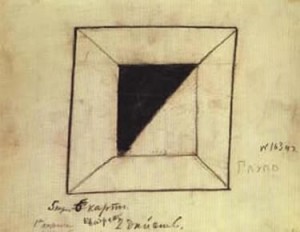
Seeking the Authentic: Polish Culture and the Nature of Postcolonial Theory
The notion of postcolonial theory has been floating around the Polish intellectual scene for the last ten years like a colorful balloon that nobody can ever quite capture or claim. Given the country’s experience of foreign occupation and domination throughout the nineteenth and twentieth centuries – and an earlier quasi-colonial history of its own in present-day Lithuania, Belarus and Ukraine – postcolonial theory seems at first glance to open some intriguing possibilities in Polish historical, political, sociological, cultural and literary studies. Indeed, various scholars in all these fields have advocated a turn towards it, though the discussion has generally failed to advance far beyond repeated prefatory remarks and prolegomena. Postcolonial theory in Poland increasingly resembles an unrealized possibility that has somehow already exhausted its creative potential – a stillborn theory.




